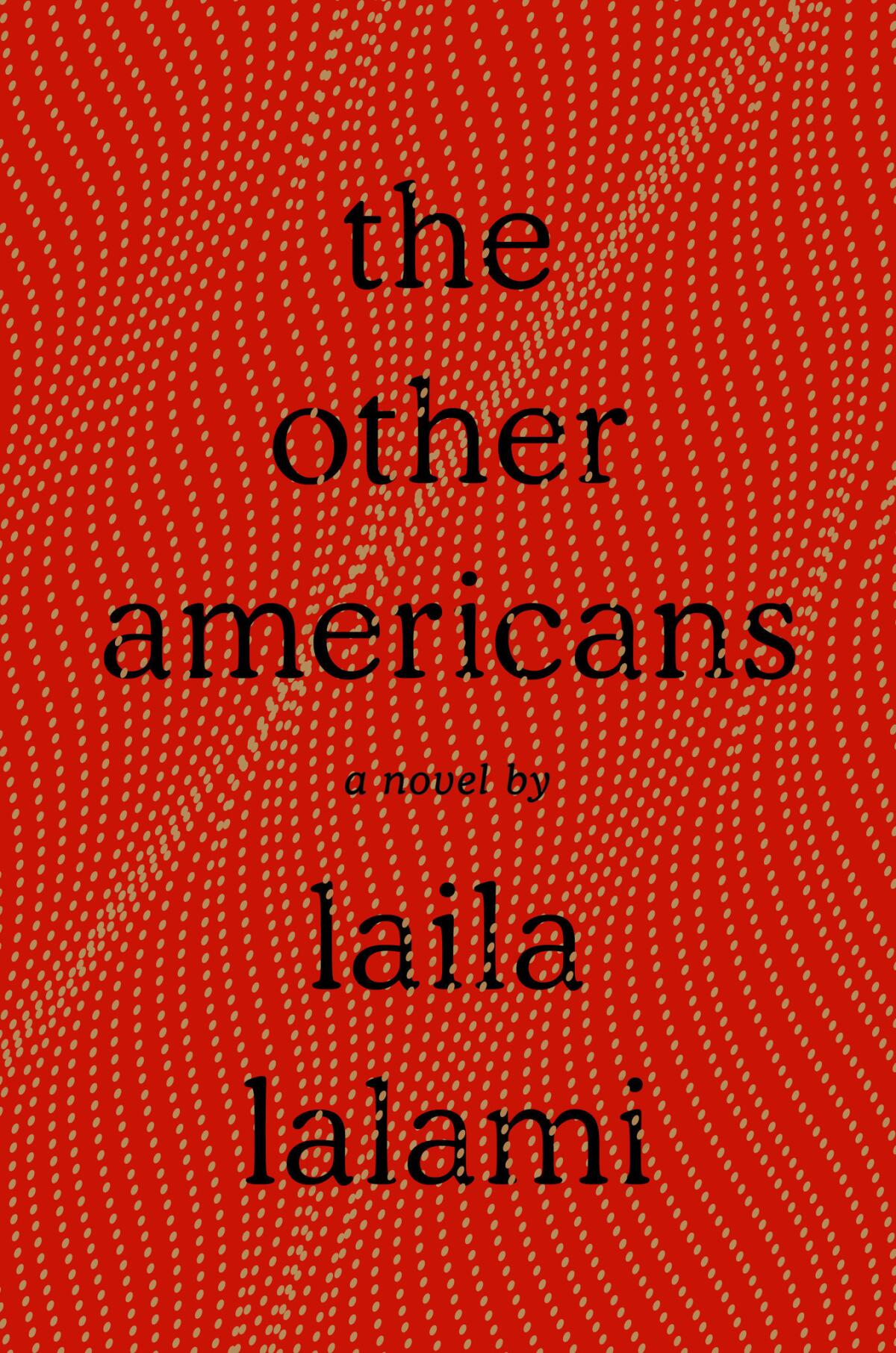Laila Lalami’s ‘The Other Americans’ shares immigrants’ stories with compassion
Who gets to be an American? It’s a question that’s been asked and answered countless times before, but from the earliest days of this country, there have always been people who consider themselves more American than their neighbors. Under their definition, “real” Americans have certain traits in common: native-born, white, English-speaking, Christian. Everyone else is suspect: different. Less than. Other.
These simmering divisions are at the heart of “The Other Americans,” the latest novel from Los Angeles author Laila Lalami. The follow-up to her acclaimed “The Moor’s Account,” a finalist for the Pulitzer Prize, Lalami’s book is a stunning and necessary look at a country struggling with racism, resentment and the aftermath of war.
The novel opens with Nora, a composer living in Oakland, learning of the death of her father, Driss, who immigrated to the U.S. from Morocco years ago with his wife. Driss was leaving the diner he owned in Yucca Valley, Calif., when he was hit by a car that immediately sped away, and Nora tortures herself with questions about her father’s last minutes: “Had he suffered? Had he called out for help? How long had he lain on the asphalt before his breath ran out?”

Lalami’s book alternates points of views among several characters, including Efraín, an undocumented immigrant who witnessed the hit-and-run but is afraid of going to the police; Jeremy, a sheriff’s deputy and Iraq war vet who finds himself falling in love with Nora, his old high school classmate; and Coleman, the hard-nosed police detective investigating Driss’ death.
Determined to find her father’s killer, Nora finds herself learning more than she’d bargained for about her late father, all the while navigating tense relationships with her mother and sister, and trying to reconcile her long-held beliefs with Jeremy’s military past: “He wasn’t the sweet kid I knew in high school; he had fought in a brutal war, a war I hated. Hearing about the terrible things he had seen or done in Iraq made me feel implicated ... I didn’t know how to navigate back to my state of ignorance.”
“The Other Americans” manages to be many books at once: a gripping literary thriller, a complex love story and a sharp critique of an America wracked by war and hatred, divided against itself, constantly near a breaking point. And Lalami succeeds admirably on all fronts: The novel is intricately plotted, up to its shocking but unforced end. There are no unnecessary plot twists; Lalami is an intelligent author who’s not in love with her own cleverness.
Crafting a novel told through different points of view can trip up even the most seasoned authors, but all of the characters in the book are rendered beautifully, with dialogue that’s both natural and compelling. Lalami switches effortlessly between characters like Driss, a Muslim-raised atheist who wants nothing more than to build a good life for his family, and Anderson, an elderly bowling alley owner who resents Driss and his family, complaining, “Some people say I should be grateful for the business that the newcomers are bringing to the town, but the way I see it, they’re changing this place and wanting me to be grateful for it. They didn’t ask if we wanted them there, they just came.”
Lalami treats all of her characters with compassion, never condescending to them or treating them like simple archetypes and writes about them with the gorgeous prose that’s marked all of her previous books. “The Other Americans” is a beautiful, compassionate novel from a writer with keen insight into the human condition and a rare gift for crafting perfect prose.
::
Laila Lalami
Pantheon, 320 pp., $25.95
---
Laila Lalami at the Los Angeles Times Festival of Books: Lalami will appear at 10:30 a.m. on April 14 in conversation with The Times’ Carolina Miranda and author Luis Alberto Urrea.
Schaub is a writer in Texas.
Sign up for our Book Club newsletter
Get the latest news, events and more from the Los Angeles Times Book Club, and help us get L.A. reading and talking.
You may occasionally receive promotional content from the Los Angeles Times.




